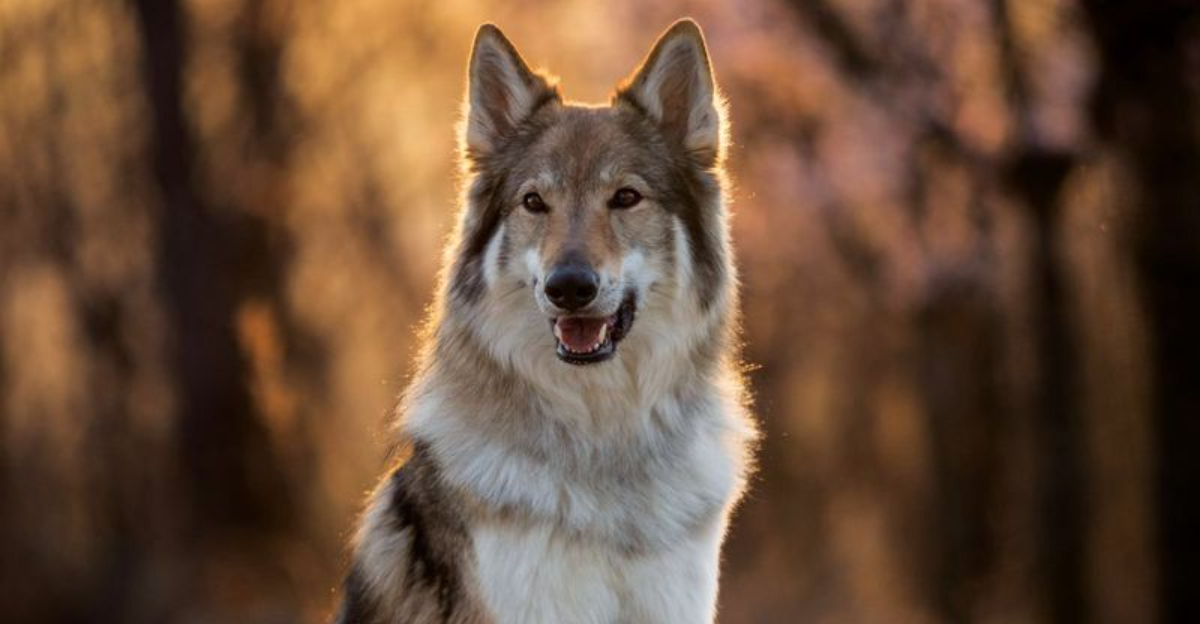Wolfdogs, a fascinating hybrid of wolves and domestic dogs, have captured the curiosity of many animal enthusiasts.
These unique creatures embody traits from both species, resulting in an intriguing blend of behavior, appearance, and instincts.
Let’s explore some fascinating facts about wolfdogs that reveal their distinctive nature and the considerations involved in owning one. From understanding their genetic makeup to exploring their wild behaviors, these insights offer a deeper appreciation for these captivating animals.
1. Wolfdog Genetics
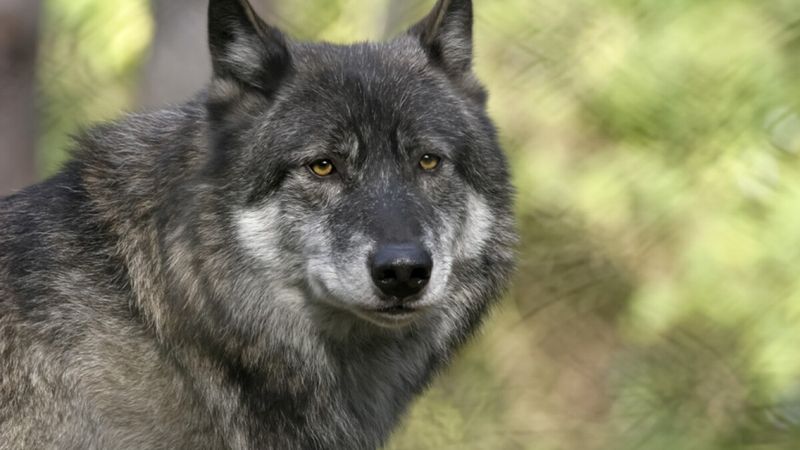
Wolfdogs are the result of mating a domestic dog with a wolf, leading to an intriguing genetic mix. The lineage of a wolfdog plays a crucial role in determining its behavior and appearance.
For instance, a wolfdog with a higher percentage of wolf ancestry may exhibit more wild traits, such as shyness or a strong prey drive.
Understanding this genetic makeup is essential for potential owners. A wolfdog with 50% wolf genetics will likely have different needs and behaviors than one with only 25%. This genetic variance necessitates a tailored approach to care and training.
Wolfdogs are not just exotic pets but require a profound understanding of their complex nature. Owners must be prepared for a lifelong commitment to meeting their unique needs. Genetic testing can offer insights into a wolfdog’s ancestry, helping owners develop appropriate care strategies.
2. Behavioral Traits
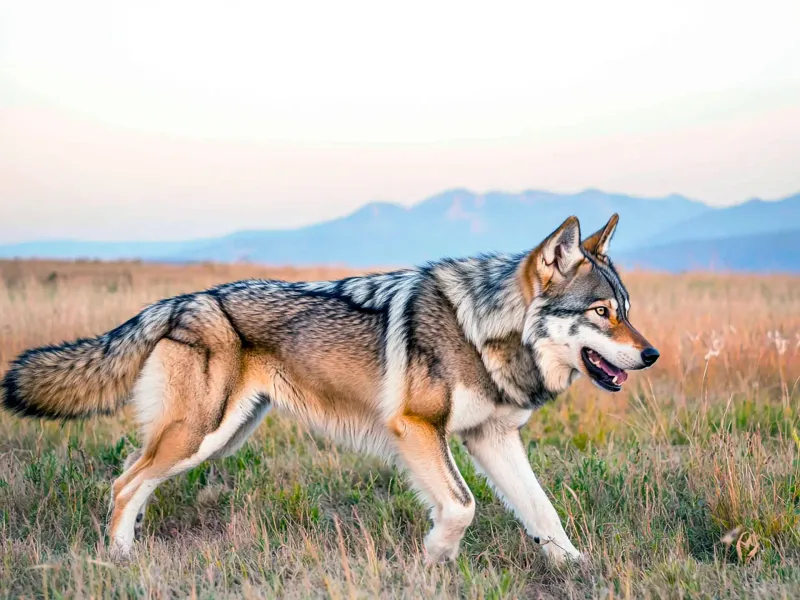
Wolfdogs exhibit a unique blend of behaviors derived from both wolves and domestic dogs. They can display an array of traits, such as loyalty and playfulness, coupled with wild instincts like high prey drive and territoriality.
Understanding these behaviors is key to managing a wolfdog successfully. Socialization from an early age can mitigate some of the more challenging traits, such as fearfulness and aggression. Training techniques that cater to their specific needs can be beneficial.
Their behavior varies significantly, even among wolfdogs of similar genetic backgrounds. This unpredictability requires owners to be adaptable and knowledgeable. Engaging activities and mental stimulation are vital to satisfy their intelligent and energetic nature.
3. Dietary Needs
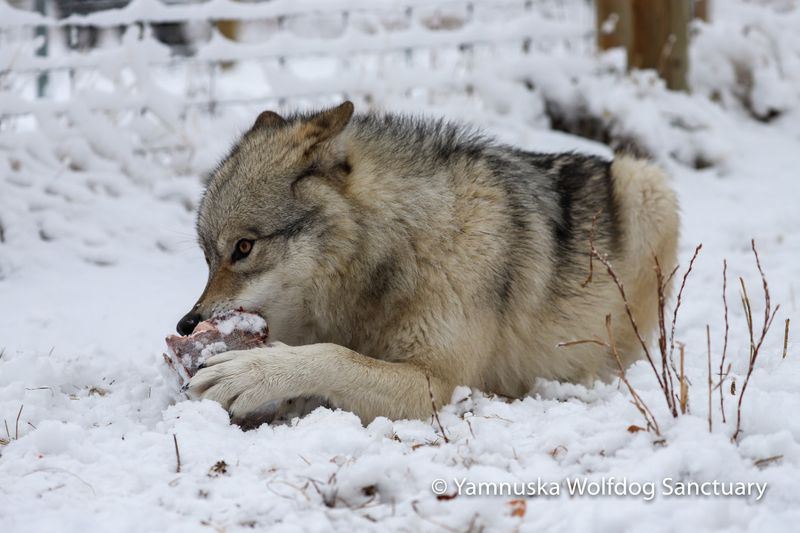
Wolfdogs have dietary requirements that reflect their wild heritage. A balanced diet comprising raw meat, bones, and vegetables is often recommended to mimic a natural wolf diet.
Supplements may also be needed to ensure nutritional completeness. Feeding a wolfdog can be more demanding than feeding a typical domestic dog. Their diet must be carefully managed to support their health and well-being.
Commercial dog foods may not meet their unique nutritional needs, making a tailored diet essential. Owners must be vigilant about their wolfdog’s dietary habits and any signs of nutritional deficiencies. Regular consultations with a veterinarian knowledgeable about hybrid dogs can aid in maintaining optimal health.
4. Legal Considerations

Owning a wolfdog comes with significant legal considerations due to their hybrid nature. Laws governing wolfdog ownership vary widely, with some areas imposing strict regulations or outright bans.
Potential owners must thoroughly research local laws before acquiring a wolfdog. In some regions, permits or specific containment measures are required to legally own these hybrids. Understanding these legalities is crucial to avoid penalties or confiscation of the animal.
It is the owner’s responsibility to ensure compliance with all legal requirements, thus protecting both the wolfdog and the owner from legal repercussions.
5. Training Challenges
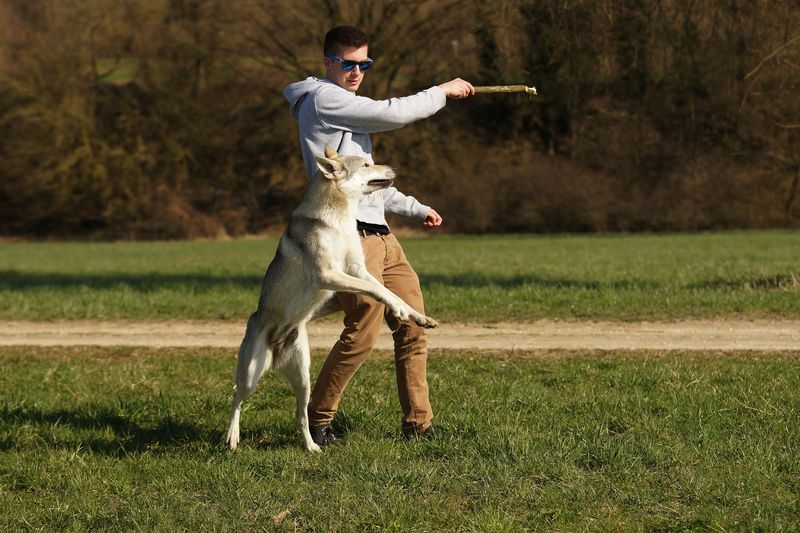
Training a wolfdog is a unique challenge that requires patience, consistency, and an understanding of their hybrid nature.
Traditional dog training methods may not be effective, as wolfdogs often exhibit higher intelligence and independence. Positive reinforcement techniques, such as rewarding desired behaviors with treats, are recommended.
This approach builds trust and strengthens the bond between owner and wolfdog. Training should begin early in a wolfdog’s life to ensure they become well-adjusted companions. Continuous learning and adaptation to the wolfdog’s evolving personality are vital for successful training outcomes.
6. Socialization Needs
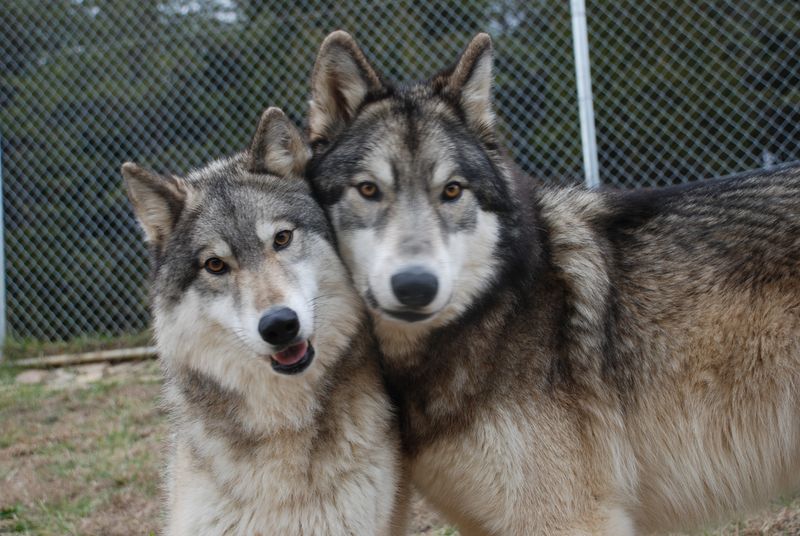
Socialization is an essential aspect of raising a wolfdog, helping to moderate their wild instincts. Introducing them to a variety of people, animals, and environments can promote a balanced temperament.
Early socialization can prevent potential issues such as aggression or excessive shyness. Exposure to diverse experiences helps wolfdogs adapt to different situations and reduces stress.
Owners should prioritize consistent socialization efforts throughout the wolfdog’s life. Positive interactions and controlled environments enhance their social skills and overall well-being.
7. Exercise Requirements
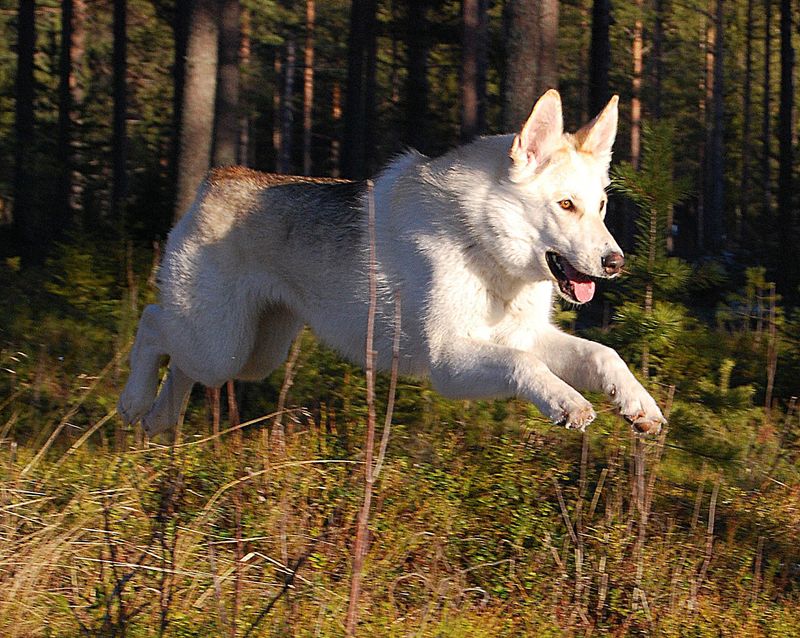
Wolfdogs possess a high energy level and require ample exercise to maintain their physical and mental health.
Regular activities such as long walks, runs, and play sessions are essential. Their exercise needs often surpass those of typical domestic dogs, reflecting their wild ancestry.
Providing a variety of physical challenges keeps them engaged and helps prevent behavioral issues stemming from boredom.
Owners should be prepared for a committed exercise routine to meet their wolfdog’s needs. Environments that offer space and safety for free movement are ideal for satisfying their energetic nature.
8. Housing And Space
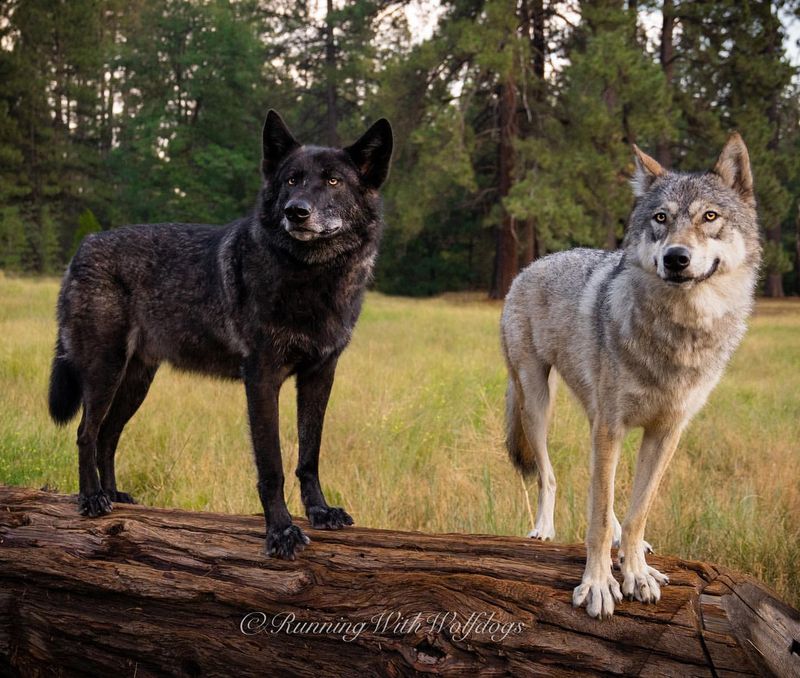
Proper housing and space are critical for the well-being of a wolfdog. They need a secure and spacious environment that mimics their natural habitat.
A large, fenced yard with adequate shelter can provide the freedom and security they require. Fences should be high and secure to prevent escapes, accommodating their strong instinctual drive to roam.
Creating an enriching living environment with various stimuli is vital. This setup helps satisfy their curious nature and need for exploration while ensuring their safety and comfort.
9. Health Concerns
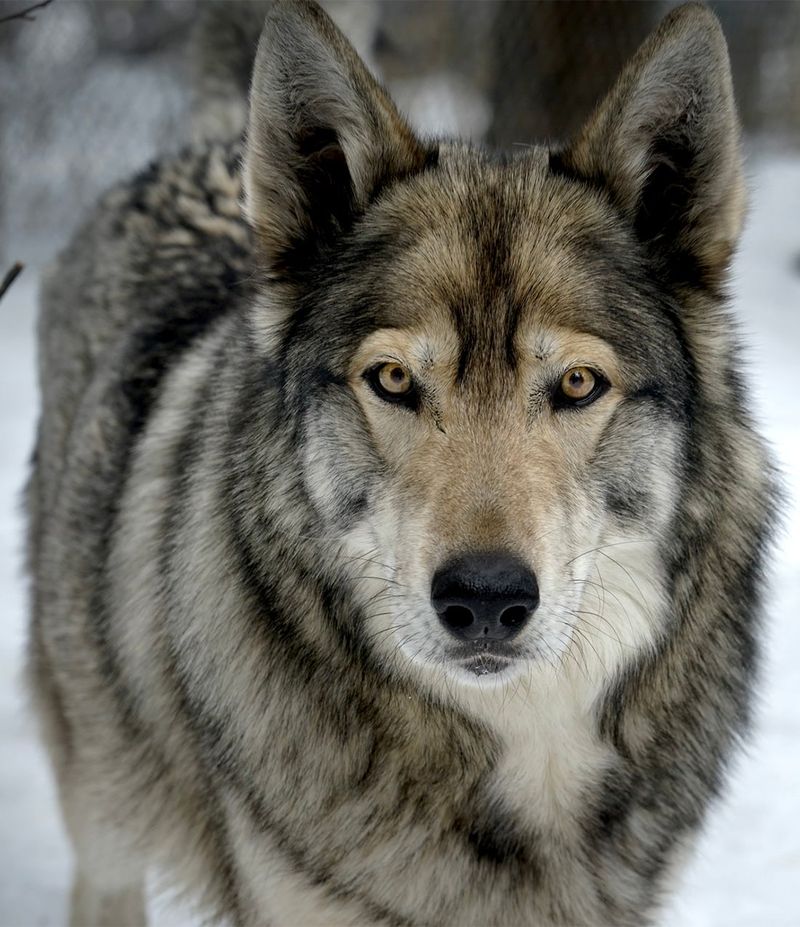
Wolfdogs can be prone to specific health issues, necessitating regular veterinary care. Their hybrid nature means they may inherit health problems from both wolves and domestic dogs.
Common concerns include joint issues, dental problems, and genetic disorders. Regular check-ups and preventative care are crucial for early detection and management of these conditions.
A veterinarian experienced with hybrids should be consulted to ensure comprehensive care. Proactive health management enhances their quality of life and longevity.
10. Communication Patterns
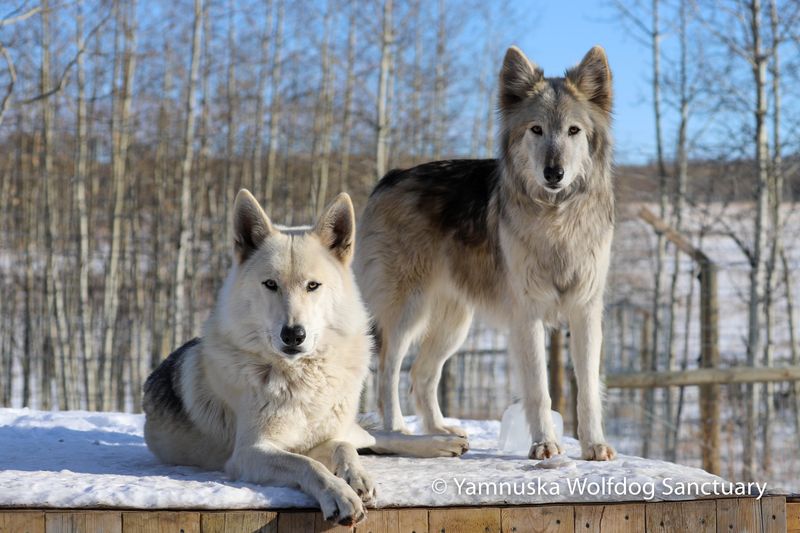
Wolfdogs communicate through a combination of vocalizations and body language, reflecting their wild ancestry.
They may howl, bark, or whine to express needs or emotions. Understanding these communication patterns is essential for effective interaction. Observing body language, such as tail position and ear movement, provides insights into their mood and intentions.
Owners who invest time in learning their wolfdog’s communication style can build a stronger, more harmonious relationship. This understanding is key to addressing their needs and fostering trust.
11. Lifespan And Aging
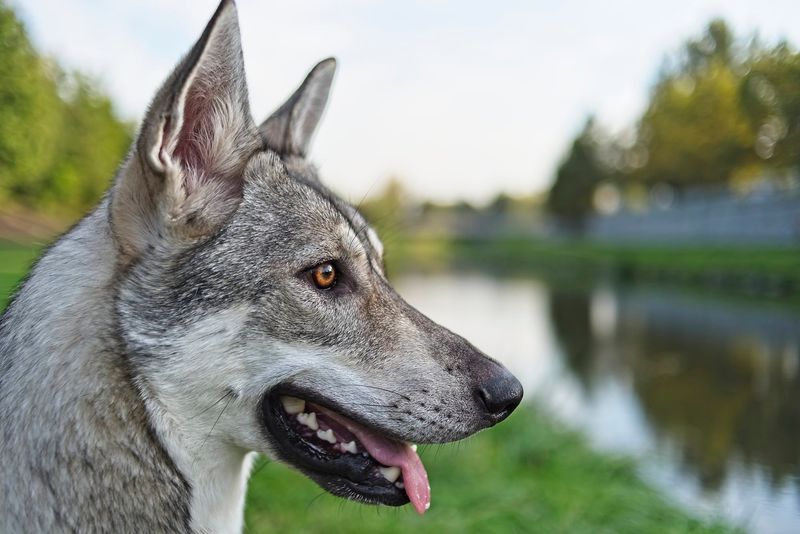
Wolfdogs typically have a lifespan ranging from 12 to 15 years, depending on their genetic makeup and care. As they age, adjustments in lifestyle and care are necessary to accommodate their changing needs.
Senior wolfdogs may require special diets, modified exercise routines, and more frequent veterinary visits. These adaptations help maintain their health and comfort in their golden years.
Owners should be prepared to provide extra attention and care during this life stage, ensuring a dignified and peaceful aging process. Awareness of aging signs and proactive care enhance their quality of life.
12. Breeding Ethics
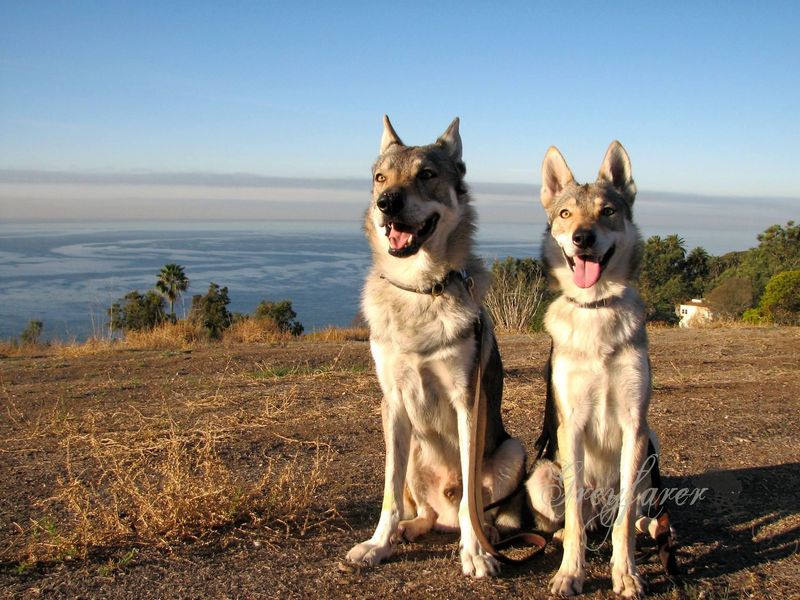
Breeding wolfdogs is a topic fraught with ethical considerations. Responsible breeding practices are essential to ensure the health and well-being of both the animals and their offspring.
Breeders must prioritize genetic health, temperament, and the ability to thrive in a domestic environment. Careful selection and management can mitigate potential issues and promote positive traits.
Prospective owners should seek breeders who adhere to ethical standards and can provide verifiable health and lineage information. Supporting responsible breeding practices helps maintain the integrity of the wolfdog hybrid.
13. Cultural Significance
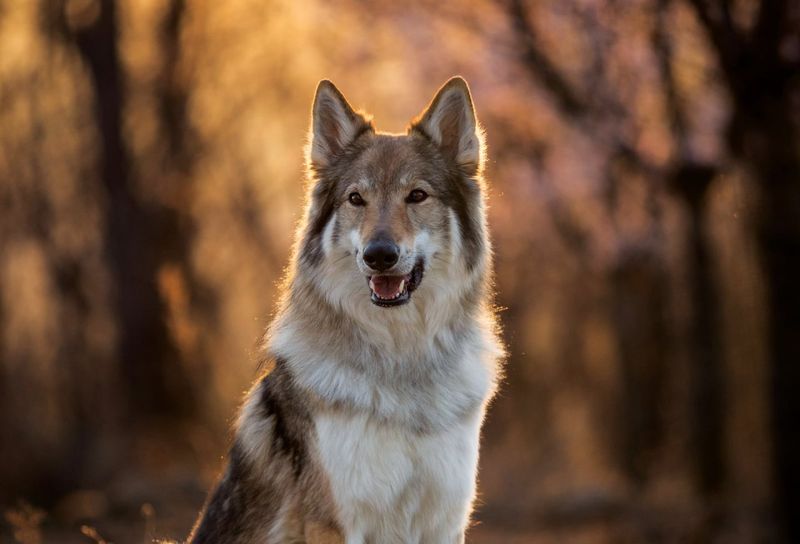
Wolfdogs have held cultural significance throughout history, often symbolizing strength, loyalty, and the wild spirit.
Their presence in folklore and mythology highlights their impact on human imagination. In some cultures, wolfdogs were revered as protectors and companions, embodying noble traits. This historical perspective adds to their mystique and allure as modern companions.
Understanding their cultural significance enriches the appreciation of wolfdogs today. It connects us to a shared heritage and the timeless bond between humans and these majestic creatures.

